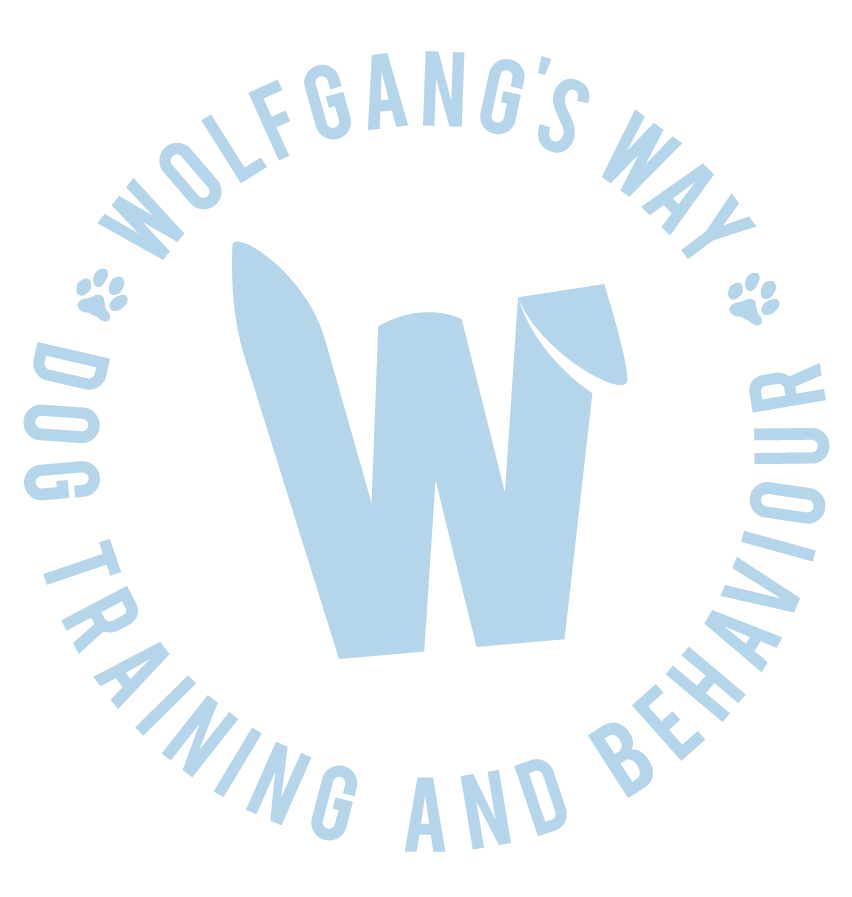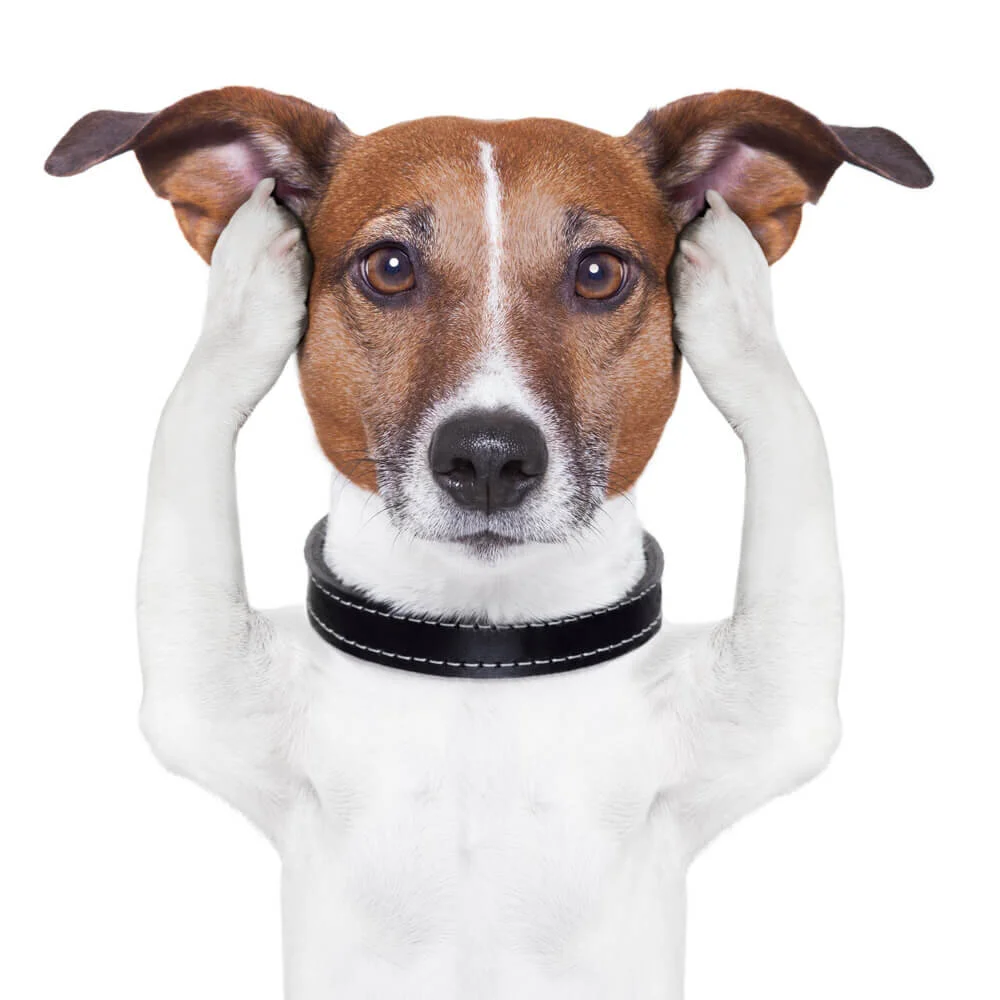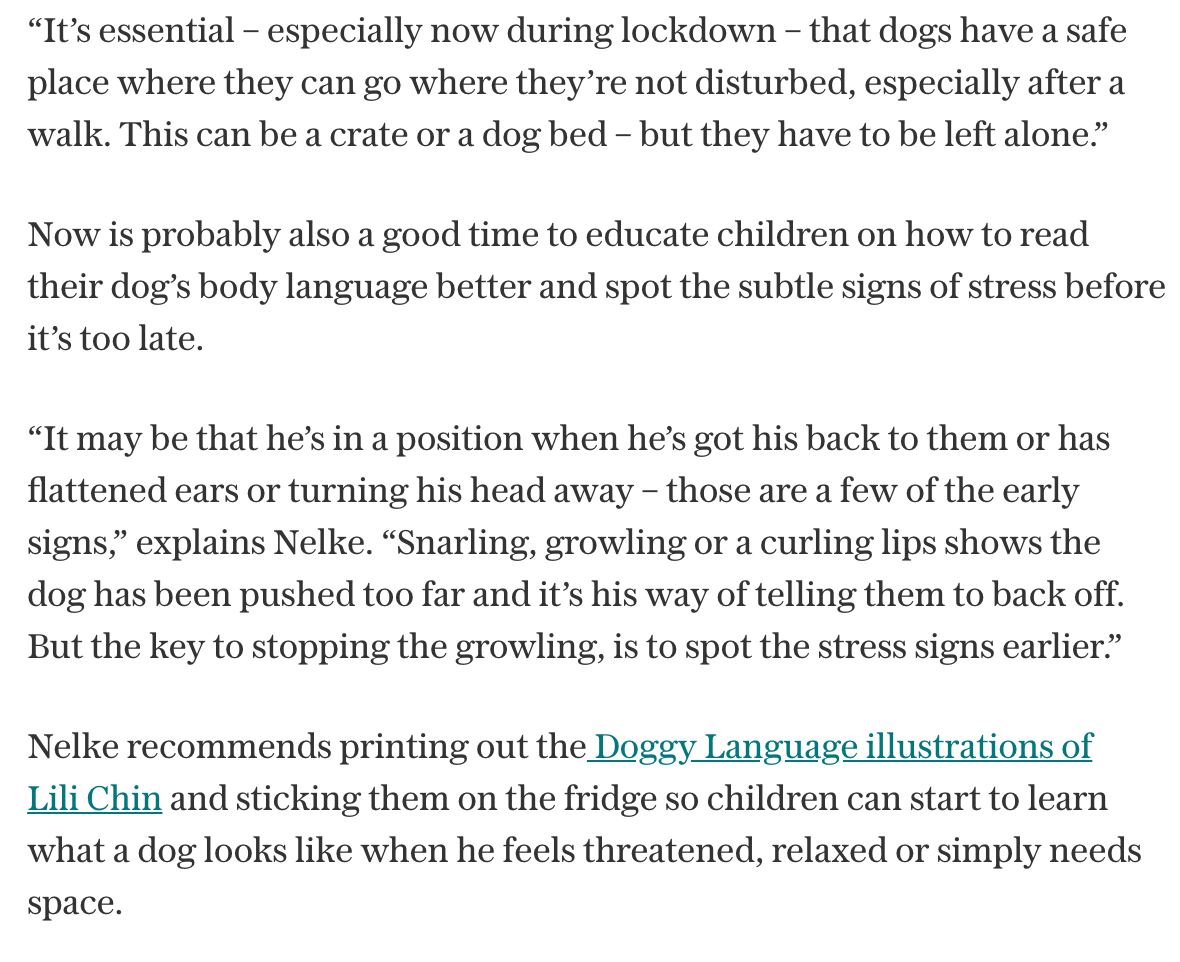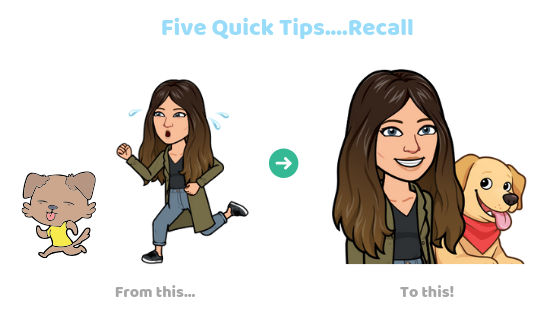As lockdown is easing across the UK, our puppies and adult dogs are faced with plenty of lifestyle changes that can be both stressful and plain scary. Understanding your dog’s fears as well as helping them to prepare for ‘the unknown’ is crucial to their wellbeing and to preventing unwelcome habits and behaviour issues from developing.
A problem area I’m working with a lot at the moment is people welcoming guests at their homes once again as well as heading out to busy public places such as busy pubs and restaurants, all with their dog in tow who simply can’t cope.
For all those pandemic puppies who’s never had a stranger visit their home these new experiences can be incredibly disruptive. As is for our adult dogs who’ve enjoyed a year of anti-social bliss and forgot what it’s like to be around more people than their closest family members.










